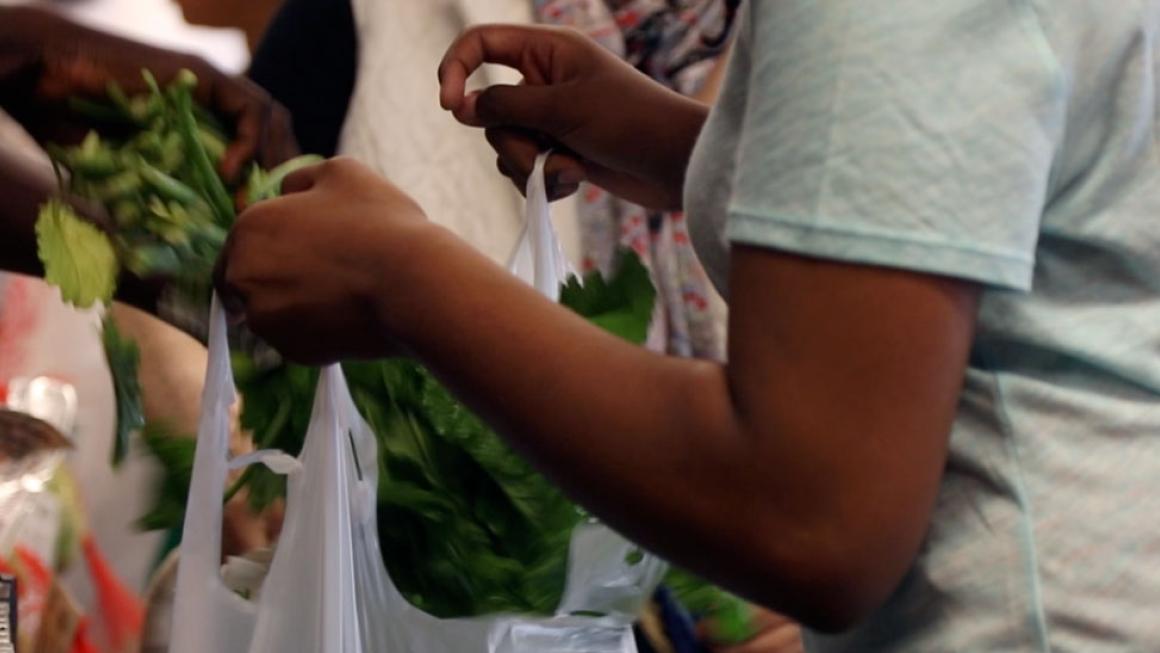
9:30 a.m.–10:30 a.m. 1302 Longworth House Office Building
2:00 p.m.–3:00 p.m. 328A Russell Senate Office Building
The Urban Institute and Feeding America, in conjunction with the House Hunger Caucus and the Senate Committee on Agriculture, invite you to a briefing that takes a deeper look at how food insecurity impacts teens, their coping strategies, and the charitable and federal programs available to support teens in need.
Social science has long explored the risky and dangerous behaviors teenagers engage in. But research is starting to show that a small number of teens are motivated to do so by desperation and struggles with hunger.
We are learning that a small subset of teenagers make risky decisions in big and small communities alike because family poverty has increased, working-class wages have stalled, and cash assistance from government programs has wilted.
New research from the Urban Institute and Feeding America reveal that low-income teens are acutely aware of their parents’ struggles to ensure their families have enough to eat and their efforts to protect the youngest and most vulnerable members of the household by shielding their younger siblings from hunger. Teens engage in various coping strategies to deal with food scarcity, including some risky and potentially dangerous behaviors.
Nationwide, nearly seven million children ages 10 to 17 are food insecure. Teens often face unique circumstances compared to their younger peers. While there is significant research on the impacts of food insecurity among children, most has focused on children ages 6 and younger.
Key findings from Impossible Choices: Teens and Food Insecurity in America and Bringing Teens to the Table:
- Teen food insecurity is widespread. Even when focus group participants had little direct experience with food insecurity, teens knew of classmates and neighbors who did not have enough to eat on a regular basis.
- Teens fear stigma around hunger and actively hide it. Consequently, many teens facing hunger refuse to accept food or assistance in public settings or from people outside of a trusted circle of friends and family.
- Although parents try to protect teens from hunger and from bearing responsibility for providing for themselves or others, teens in food-insecure families also routinely take on this role. They find ways to bring food into the household and sometimes skip meals to provide food to their younger siblings.
Panelists
- Lisa Davis, senior vice president of government relations, Feeding America
- Genelle Monger, Gleaners Food Bank of Indiana
- Susan J. Popkin, senior fellow and director of the Neighborhoods and Youth Development initiative, Urban Institute
- Elaine Waxman, senior fellow, Urban Institute
Briefing Materials

For inquiries regarding this event, please contact [email protected].
Photo by Matt Johnson/Urban Institute

